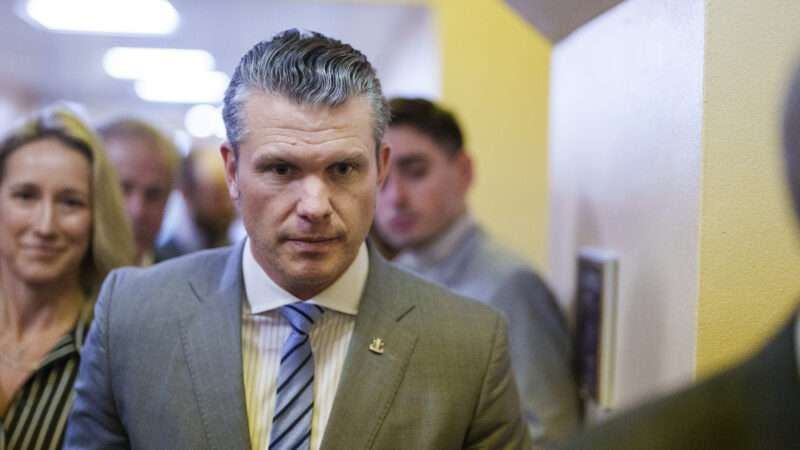The controversy surrounding Pete Hegseth’s West Point acceptance sheds light on the pitfalls of modern journalism and the dangers of rushing to conclusions without thorough verification.
ProPublica, a prominent investigative outlet, found itself on shaky ground after it nearly published a report accusing Hegseth, President-elect Donald Trump’s Secretary of Defense nominee, of lying about being accepted to the U.S. Military Academy at West Point. The allegation unraveled when Hegseth’s team produced documentation proving his acceptance, forcing ProPublica to backpedal.
The saga began with ProPublica reporter Justin Elliott reaching out to Hegseth’s lawyer, Timothy Parlatore, with a startling claim: West Point officials reportedly told ProPublica that Hegseth never even applied to the academy.
Elliott gave Parlatore just one hour to respond before publication, a pressure tactic that raised eyebrows about journalistic standards. When Hegseth’s acceptance letter was ultimately provided, ProPublica abandoned the story, but not before serious questions about their reporting process had emerged.
7/ A second Hegseth PR person then called. He asserted Hegseth still had his letter of acceptance to West Point.
We asked him to send it to us, but he just hung up.
— Jesse Eisinger (@eisingerj) December 11, 2024
West Point’s initial error in providing false information to ProPublica underscores another issue: the reliability of institutional sources. According to ProPublica, two separate West Point spokespeople unequivocally stated that Hegseth had never applied. Yet, a deeper records check revealed that these claims were false, prompting an apology from the academy. How such a significant error occurred—and why it wasn’t immediately caught—remains unclear, with West Point refusing to elaborate.
ProPublica editor Jesse Eisinger defended the outlet’s actions, asserting that they practiced responsible journalism by withholding publication after receiving Hegseth’s documentation. However, critics have pointed out that the reliance on two unverifiable statements from spokespeople to accuse a high-profile nominee of lying reflected a lapse in due diligence.
The email and phone transcript obtained by The Daily Caller also show a contentious exchange between Elliott and Parlatore, with the latter insisting the claims were baseless even before providing the acceptance letter.
SCOOP: @propublica reached out to @PeteHegseth's lawyer, regarding a now-debunked claim that Hegseth had neither applied nor been accepted to West Point.
ProPublica asserted that Hegseth had lied and gave him a one hour deadline to respond. ⬇️ https://t.co/q2U5f5peN8 pic.twitter.com/pCdD06ZDr5
— Daily Caller (@DailyCaller) December 12, 2024
The incident adds to the growing scrutiny Hegseth has faced since his nomination. Despite enduring multiple negative media stories, Hegseth has maintained his innocence in several controversies and has managed to secure support from most Senate Republicans, setting the stage for a likely confirmation.


